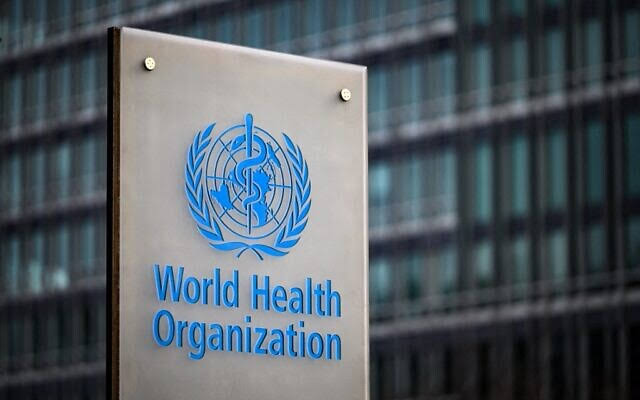World Health Organisation (WHO) has lamented that investment in primary health care was not encouraging in Nigeria and called for the community’s engagement to tackle the diseases.
The WHO Nigeria Country Representative, Dr. Walter Kazadi Mulombo, said: “In this primary care, which is the treatment of the common diseases in communities as possible, but it also means the public health interventions. So the issues have to do with disease prevention, promotion, and early detection and response to emergencies.
Mulombo who was represented by Mr. Martins Joseph, said this, at a panel to discuss and engage stakeholders on maternal and child health, as part of the activities lined up for the three-day working visit of the Rotary International president and his wife, Gordon and Heather Mclnally to Nigeria.
Mulombo added: “That is part of the primary healthcare we are talking about and engaging with the communities is an aspect of primary healthcare that we encourage.
“There are several aspects that we talked about when you’re talking about achieving those goals. One of them is about insurance coverage. How are we ensuring that we are targeting the vulnerable, those who cannot pay that premium to be covered?”
“How are we targeting, and ensuring that those who are receiving the right health care that’s the essence of getting communities are identified? That is one of the things that we want to emphasize’’.
Also, the UNICEF representative in Nigeria, Martin Dohlsten, who collaborated with Mulombo’s position, said UNICEF was determined to reach out to zero children on polio immunization.
Dohlsten, therefore, disclosed that UNICEF had reached out to about 500 Zero children with integrated polio immunizations.
“As of last year, we managed to support and reach over 500 Zero children with integrated polio immunization services.
“And if we want to tackle these issues, we need a perspective which is broader than the health care system or health sector, we need to engage our sector, and we need a multi-sector model in terms of education and nutrition’’.
Meanwhile, the Provost, College of Medicine, Federal University of Health Sciences, Otukpo, Benue State, Professor Oladapo Sunday Shittu, who noted that this year marks the 30th year that Rotary Nigeria started the maternal and child health engagements, identified ignorance and poverty as part of factors responsible for the prevalence of the maternal and child health challenges.
